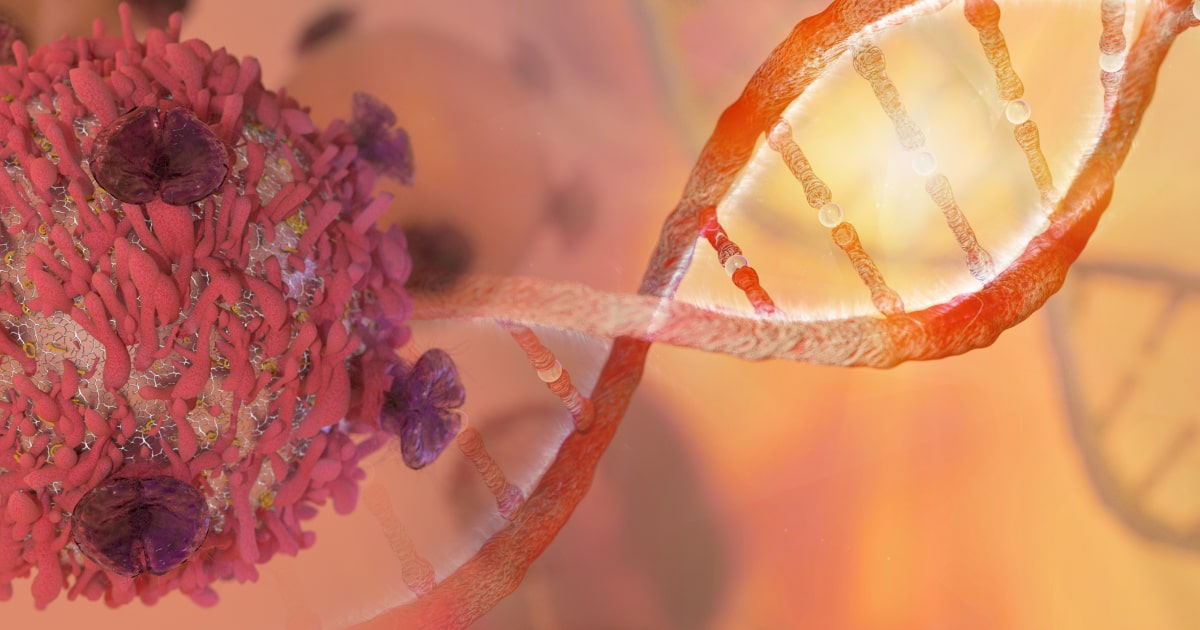
Expert Reviewed By: Dr. Brandon Colby MD
Recurrent subcortical infarcts, a type of stroke affecting the small blood vessels in the brain, can be a debilitating and life-altering condition. In some cases, these infarcts are caused by a rare genetic disorder called CADASIL (cerebral autosomal dominant arteriopathy with subcortical infarcts and leukoencephalopathy). Understanding, diagnosing, and using genetic testing for CADASIL is crucial for early detection and proper management of this disease.
Understanding CADASIL Syndrome
CADASIL is a hereditary condition that affects the blood vessels in the brain, leading to recurrent subcortical infarcts and other neurological symptoms. The disorder is caused by mutations in the NOTCH3 gene, which is responsible for producing a protein involved in the development and function of blood vessels, particularly in the brain [1].
The clinical presentation of CADASIL can be diverse, with symptoms ranging from migraines with auras to cognitive decline, psychiatric disturbances, and stroke. The age of onset and severity of symptoms can vary significantly among affected individuals [2].
Diagnosing CADASIL Syndrome
The diagnosis of CADASIL can be challenging due to its diverse clinical presentation. However, a combination of clinical evaluation, neuroimaging, and genetic testing can help in identifying this disorder. Magnetic resonance imaging (MRI) is particularly useful in detecting the characteristic white matter lesions and subcortical infarcts associated with CADASIL [1].
A case report of a 35-year-old female diagnosed with CADASIL after presenting recurrent cryptogenic strokes and migraine with auras highlights the importance of considering CADASIL in the differential diagnosis of young patients with recurrent strokes [3].
Using Genetic Testing for CADASIL Syndrome
Confirming the Diagnosis
Genetic testing for CADASIL involves sequencing the NOTCH3 gene to identify pathogenic mutations. This can confirm the diagnosis in patients with a suggestive clinical presentation and neuroimaging findings. Moreover, genetic testing can help differentiate CADASIL from other conditions that may cause similar symptoms [1].
Predicting Disease Severity and Variability
The role of NOTCH3 mutations in determining the severity and variability of CADASIL symptoms is an area of ongoing research. A study on the role of NOTCH3 EGFr domains in CADASIL disease severity suggests that specific mutations may be associated with a more severe clinical course [2].
In a study of two Chinese patients with CADASIL, novel and recurring NOTCH3 mutations were identified as likely genetic causes for the disease, providing further insight into the genetic basis of CADASIL and its variability among different populations [4].
Family Screening and Counseling
As CADASIL is a hereditary condition, genetic testing can be valuable in identifying at-risk family members and providing appropriate counseling and management strategies. Early detection of CADASIL in family members can help initiate preventive measures and timely interventions to manage symptoms and reduce the risk of complications [1].
Conclusion
CADASIL is a rare genetic disorder that can cause recurrent subcortical infarcts and other neurological symptoms. Understanding, diagnosing, and using genetic testing for CADASIL is essential for early detection, proper management, and family screening. Advances in genetic research continue to shed light on the molecular basis of CADASIL, paving the way for improved diagnostic and therapeutic strategies.
About The Expert Reviewer
Dr. Brandon Colby MD is a US physician specializing in the personalized prevention of disease through the use of genomic technologies. He’s an expert in genetic testing, genetic analysis, and precision medicine. Dr. Colby is also the Founder of and the author of Outsmart Your Genes.
Dr. Colby holds an MD from the Mount Sinai School of Medicine, an MBA from Stanford University’s Graduate School of Business, and a degree in Genetics with Honors from the University of Michigan. He is an Affiliate Specialist of the American College of Medical Genetics and Genomics (ACMG), an Associate of the American College of Preventive Medicine (ACPM), and a member of the National Society of Genetic Counselors (NSGC)